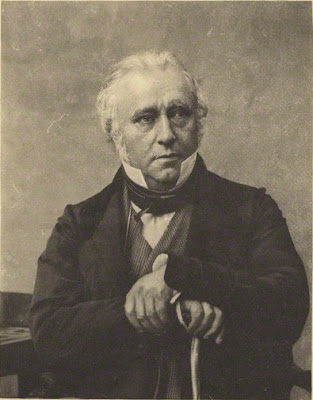Against 'Culture as Destiny'

I write this post mainly as a record and a response to a debate that I participated in last week. The question we were concerned with is the well-known one, why did Western Europe, and particularly England, took the lead in the industrial age. The debate was drawn along the lines of the arguments of David Landes, who argued about the primacy of culture (positing Max Weber's 'Protestant Ethic' at the core of his argument), and that of people like Andre Gunder Frank and Kenneth Pomeranz, who argues that the the 'Western' hegemony is contingent (that it has come about following a number of chance advantages, geographical and historical) and perhaps cyclical. To me, the 'contingency' argument has more appeal. This is not just because of my general view of life - that contingency plays a huge role - or because that would be more consistent with a Darwinian world view. For that matter, such an argument would also be consistent with the idea of 'conjun...





